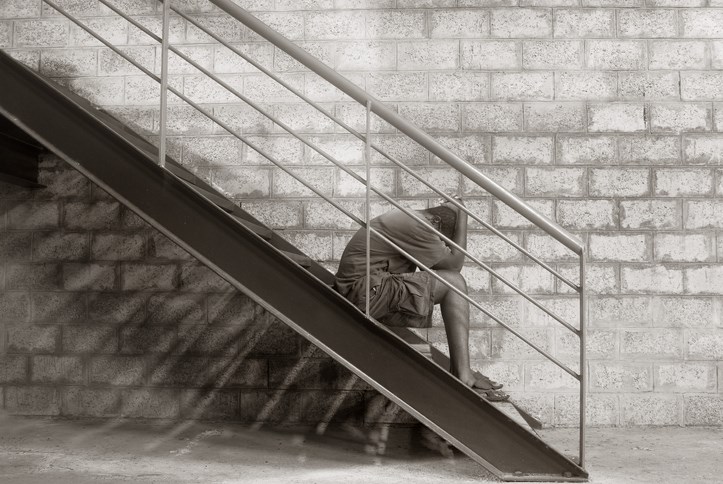Hate crimes against Indigenous Canadians jumped 152% in 2020, Statistics Canada reported July 27.
The federal agency reported total hate crimes in Canada rose sharply in 2020, with those targeting people due to race or ethnicity increasing 80%.
The total number climbed from 1,951 incidents in 2019 to 2,669 in 2020. In 2018, the figure was 1,817.
“This marks the largest number of police-reported hate crimes recorded since comparable data became available in 2009,” the federal statistical agency said.
Ontario lead the way for such crimes (+321 incidents), followed by B.C. (+196 incidents) and Alberta (+105 incidents).
“We’ve seen a shocking increase in racist incidents throughout the pandemic, from the 717% increase in hate crimes against Asian people in Vancouver to other communities targeted and scapegoated,” B.C. provincial Parliamentary Secretary for Anti-Racism Initiatives Rachan Singh. “This is unacceptable and will not be tolerated.”
“As a government, we have a moral responsibility to dismantle systemic racism and remove the barriers faced by racialized and Indigenous communities,” Singh said.
Much of the rise in police-reported hate crimes targeting race or ethnicity was the result of crimes targeting the Black population (+318 incidents or +92%), the East or Southeast Asian population (+202 incidents or +301%), the Indigenous population (+44 incidents or +152%) and the South Asian population (+38 incidents or +47%).
And, the report said, “during the pandemic, various issues related to safety and discrimination were exposed and exacerbated in Canada, including hate crime.”
It noted a crowdsourcing exercise performed by Statistics Canada in the pandemic’s early months revealed participants designated as visible minorities perceived an increase in race-based harassment or attacks that was three times larger than the proportion among the rest of the population.
It said that perception was most pronounced among Chinese, Korean and Southeast Asian participants.
Police-reported hate crimes targeting religion were down as a result of fewer incidents targeting the Muslim population (-100 incidents), while incidents targeting the Jewish population rose slightly (+15 incidents). Hate crimes targeting people based on sexual orientation dropped slightly (-6 incidents) after a peak in 2019.
Among all hate crimes, both non-violent (+42%) and violent (+30%) hate crimes increased in 2020.
Singh said the provincial government is working with communities to draft anti-racism data legislation.
“In August, we will be inviting British Columbians to share their experiences, while later in the year, I will be meeting with dedicated community groups to hear their voices. Additionally, we are also committed to introducing B.C.’s first anti-racism act,” she said.
“These two pieces of legislation will help to make this a safer, more welcoming and equitable province for everyone, regardless of their race, skin colour or faith.”
The province will also be launching a racist incident hotline as an option for British Columbians to report incidents and access support if they are victims of racism.
The report stressed data on hate crimes reflect only those incidents that come to the attention of police and that are subsequently classified as hate crimes.
As a result, fluctuations in the number of reported incidents may be attributable to a true change in the volume of hate crimes, but they might also reflect changes in reporting by the public because of increased community outreach by police or heightened sensitivity after high-profile events.
The report said a hate-crime incident may be carried out against a person or property and may target race, colour, national or ethnic origin, religion, sexual orientation, gender identity or expression, language, sex, age, mental or physical disability or any other similar factor.
In addition, four specific offences are listed as hate propaganda or hate crimes in Canada’s Criminal Code: advocating genocide, public incitement of hatred, wilful promotion of hatred and mischief motivated by hate in relation to property used by an identifiable group.



